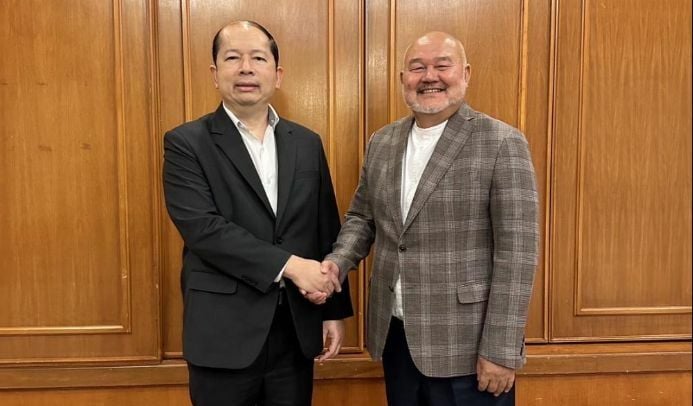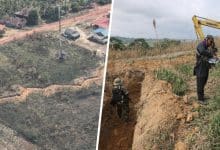Thailand pushes for violence reduction and public involvement in southern peace talks

Two urgent matters were put forward by Thailand for discussion in endeavours to resolve the southern conflict, as revealed by a source close to the Peace Dialogue Panel. These topics include the reduction of violence and public involvement in the peace negotiation process.
Chatchai Bangchuad, the head of the government’s peace panel, is set to advocate for these issues once the panel commences its work. A peace initiative during Ramadan, which involves a ceasefire during the Islamic fasting month, is a priority. This strategy aims to foster a conducive environment for public consultation.
In relation to engaging public opinion, the panel maintains a commitment to inclusivity and engagement to ensure the consideration of all stakeholders’ voices, reported Bangkok Post.
A working committee under the panel anticipates holding discussions with various parties in January next year. This will be succeeded by a full-team conversation.
The schedule for these talks was settled following a meeting between Chatchai and Malaysian facilitator General Zulkifli Zainal Abidin as part of an introductory process. Chatchai, who was recently appointed to succeed General Wanlop Rugsanaoh, journeyed to Malaysia to introduce himself and reaffirmed his commitment to the peace process through the Joint Comprehensive Plan Towards Peace.
Chatchai extended an invitation to the Malaysian facilitator to visit Thailand to familiarise himself with panel members and meet various stakeholders.
In related news, Malaysia’s Prime Minister is making it clear that he is against the use of violence to resolve conflict in southern Thailand.
PM Datuk Seri Anwar Ibrahim is meeting with Thailand’s PM Prayut Chan-o-cha at the Government House. He says it ‘was a session for a most serious and frank exchange’ and ‘not just an ordinary diplomatic session.’
“I came here with a clear message, that the government of Malaysia will not condone the use of violence to resolve any conflicts.” To read more click HERE
Latest Thailand News
Follow The Thaiger on Google News:


























